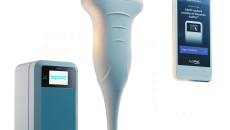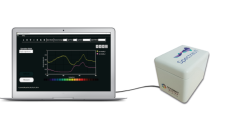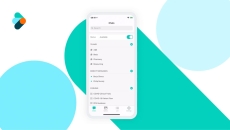Provider
The accelerator will be choosing projects over the next few months.
Last year the company launched a program for people with bipolar II disorder.
With HingeConnect, the platform has access to EMR data from 750,000 providers across 71,000 care sites to identify opportunities to offer users alternative care options.
The Qwalker app rewards users with redeemable points for each completed daily task.
It also introduced the newest generation of its AI wearable chip for smart health devices.
The product's first application will be in the ultrasound market.
Telehealth Connection TV: Improvement is still needed however; professor Rupa S. Valdez shares how vendors and informaticists can boost virtual care accessibility.
The company claims that the testing solution checks the spectral signature of a virus from a nasal or mouthwash sample to detect COVID-19 within seconds.
SPONSORED
It's important that health organizations implement a security awareness program if they wish to lessen their risk of being a victim of a ransomware attack, says Carahsoft VP Brian O'Donnell.
Clinical communication tool used in the NHS saved patient photos on smartphones.









